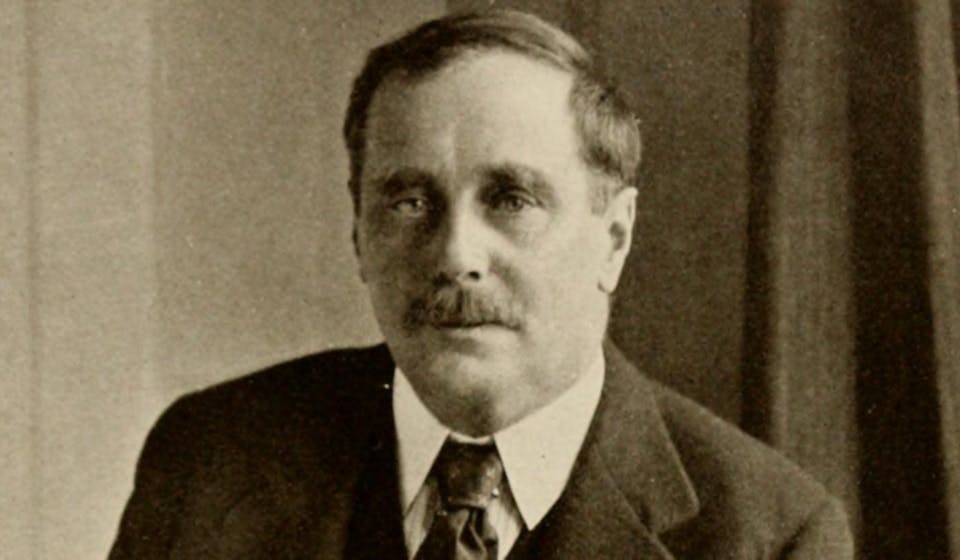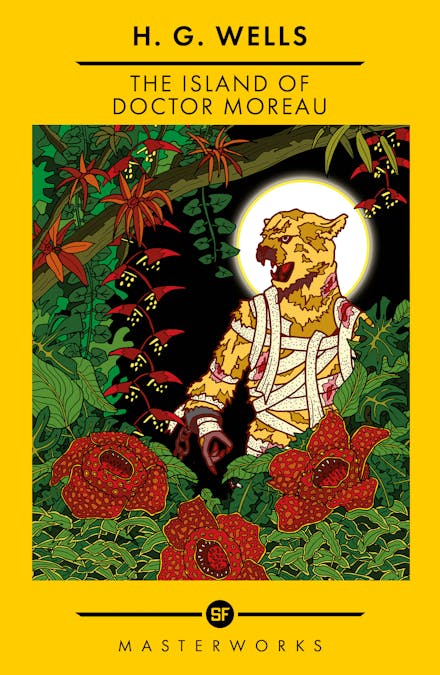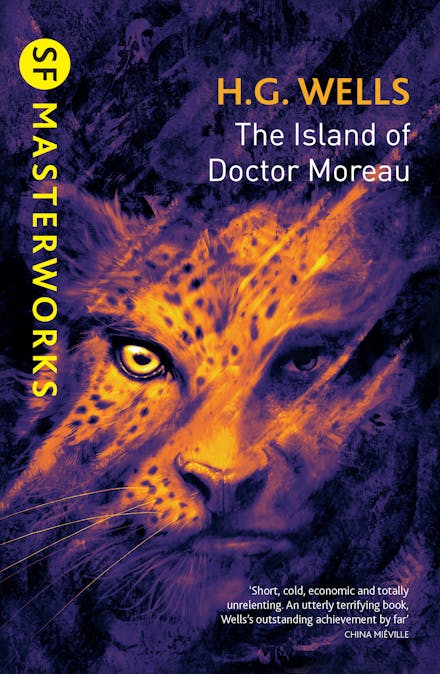Imprint
- Gateway
- Gateway
S.F. Masterworks, Fiction, Modern & contemporary fiction (post c 1945), Science fiction, Classic science fiction
H.G. Wells' terrifying tale of science run amok, with an introduction by Adam Roberts.
Welcome to the Best of the Masterworks: a selection of the finest in science fiction
When Edward Prendick is shipwrecked on a tropical island, he is surprised to find he has company in the form of Dr Moreau.
Driven out of Britain in disgrace, Dr Moreau has decided to explore his science in peace and isolation.
It isn't long before Prendick discovers the horrors it involves . . .
Considered widely to be one of the fathers of science fiction, H.G. Wells' story of a mad scientist pushing the boundaries of humanity sits alongside Frankenstein and The Strange Case of Dr Jekyll and Mr Hyde in the annals of British classics. The novel has been adapted multiple times, and is referenced in many different media.
'The most important of all nineteenth-century sf writers in the UK and in America' - The Encyclopedia of Science Fiction
'Short, cold, economic and totally unrelenting. An utterly terrifying book' - China Mieville
'One of our bravest and most stimulating writers' - Telegraph
Praise for The Island Of Doctor Moreau
-
The Prospero of all the brave new worlds of the mind, and the Shakespeare of science fiction - Brian W. Aldiss
-
Wells' scientific romances were . . . works of art with unique relevance for our times - Arthur C. Clarke

H.G. Wells
H.G. Wells was born in Bromley, Kent in 1866. After working as a draper's apprentice and pupil-teacher, he won a scholarship to the Normal School of Science in 1884, studying under T. H. Huxley. He was awarded a first-class honours degree in biology and resumed teaching but had to retire after a kick from an ill-natured pupil afflicted his kidneys. He worked in poverty in London as a crammer while experimenting in journalism and stories. It was with THE TIME MACHINE (1895) that he had his real breakthrough.
































.png?auto=compress&w=150&h=60&fit=crop&fm=jpg)
.png?auto=compress&w=150&h=60&fit=crop&fm=jpg)




